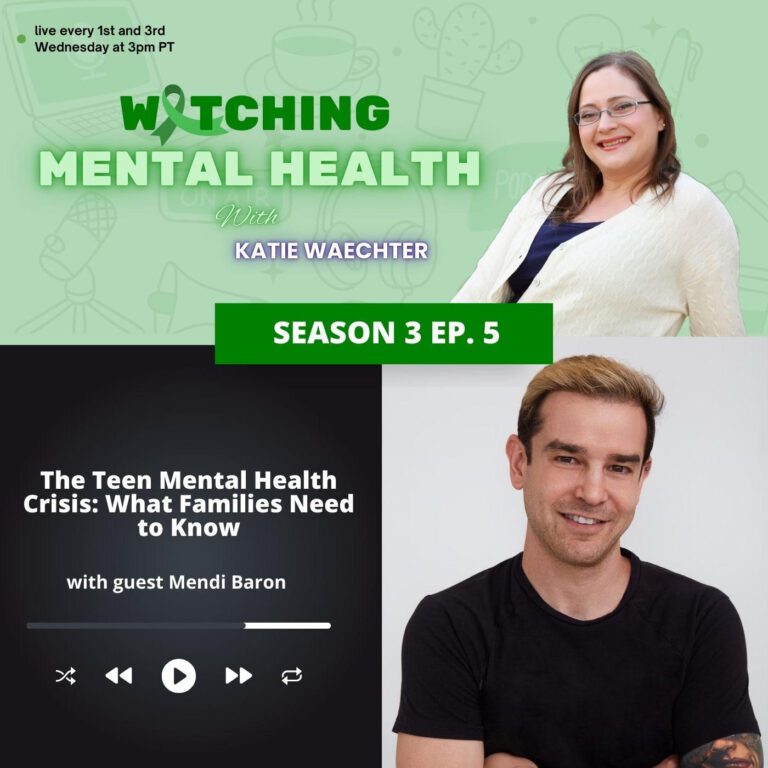Strategies for Addressing Teen Mental Health Issues
The Digital Era and Teen Bullying
In a recent podcast, mental health expert Baron provided insights into the challenges teens face today, particularly regarding mental health and bullying. He highlighted that the advent of technology has transformed traditional bullying, which used to be confined to school interactions. Now, it extends far beyond, with the entirety of social media amplifying its reach.
Baron stated, “Nowadays when you’re bullied in the schoolyard, it’s not just the schoolyard. Out come the cell phones. Now you’re on social media, now you’re on the internet. Now 10 other schools are watching, now you’re everywhere.” This shift has made it increasingly difficult for teens to escape the negative impacts of bullying.
Impact of the COVID-19 Pandemic
The pandemic has also played a significant role in exacerbating mental health challenges among teenagers. Baron noted that many youths experienced a critical loss of socialization and development of interpersonal skills during two years of isolation, leading to troubling trends in suicides, eating disorders, and increased hospital admissions. His remarks underline the ongoing ramifications of extended lockdowns on adolescent mental well-being.
Collaborative Approaches to Improve Outcomes
Addressing these mental health issues requires a multifaceted approach. Baron emphasized the need for action from various stakeholders, including parents, educators, and legislators. He outlined several key strategies:
- Create Quality Time: Parents should arrange distraction-free moments with their teens, aiming for at least one hour weekly to foster meaningful connections.
- Set Clear Boundaries: Establishing healthy boundaries is crucial as parents often find themselves wanting to be friends with their children. Baron asserts that “the ultimate form of love in this situation” is to maintain appropriate limits.
- Educate Parents: It is vital for parents to understand the challenges their teens face. By exploring literature and engaging with professionals or other parents, they can gain valuable insights. Baron encourages seeking help rather than attempting to manage the complexities alone.
- Build Community Support: The age-old adage that “it takes a village” is still relevant. Parents are urged to connect with others in their community to enhance their social support systems.
- Enhance School Resources: Baron pointed out that schools often lack sufficient mental health resources and trained personnel. It is essential for policymakers to prioritize funding for additional support staff and training for educators.
- Regulate Insurance Practices: Baron discussed the inadequacies of mental health insurance coverage in states like Nevada, stating, “Insurance companies run amok, and cover whatever they want and don’t want.” He advocated for stricter regulations to ensure comprehensive coverage for mental health services.


